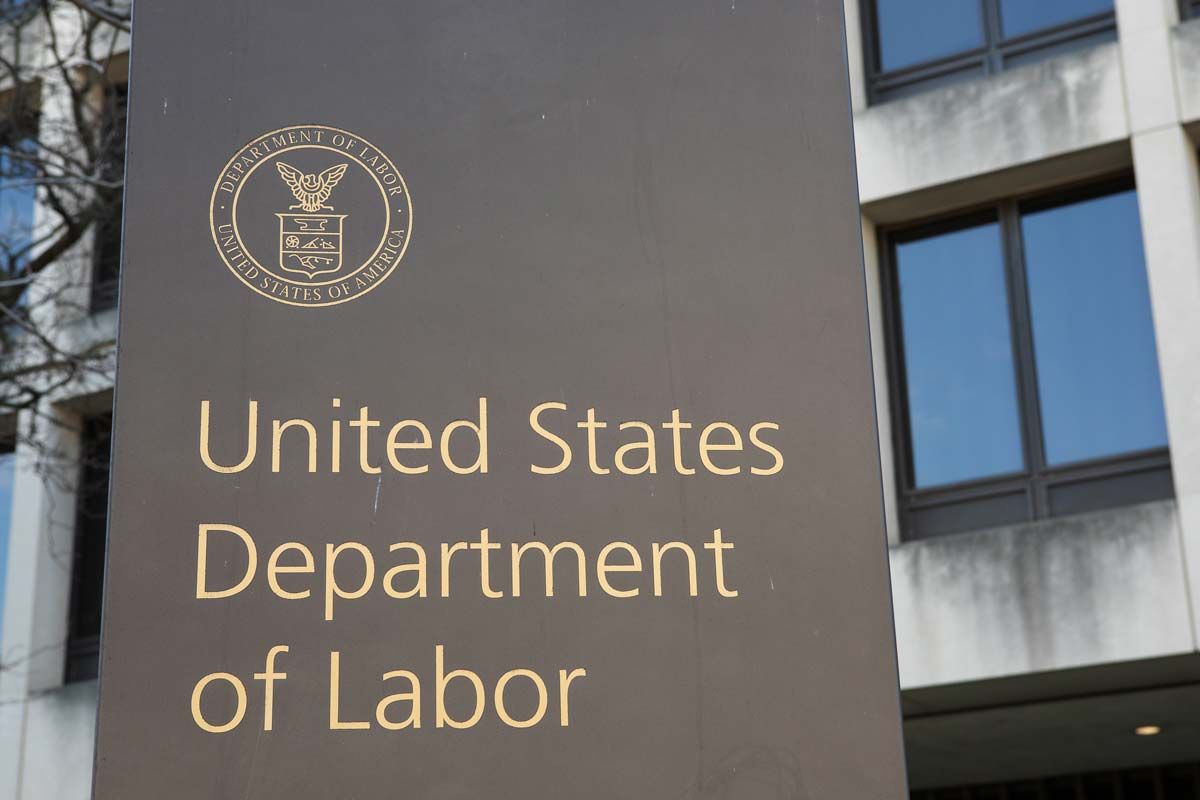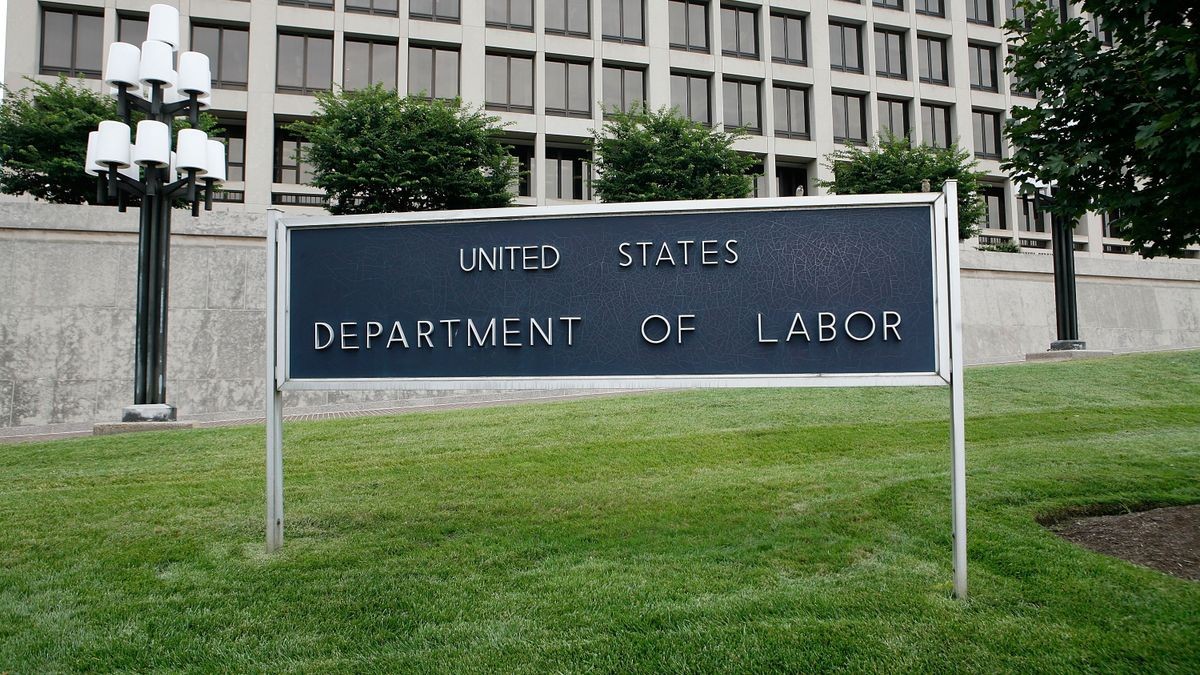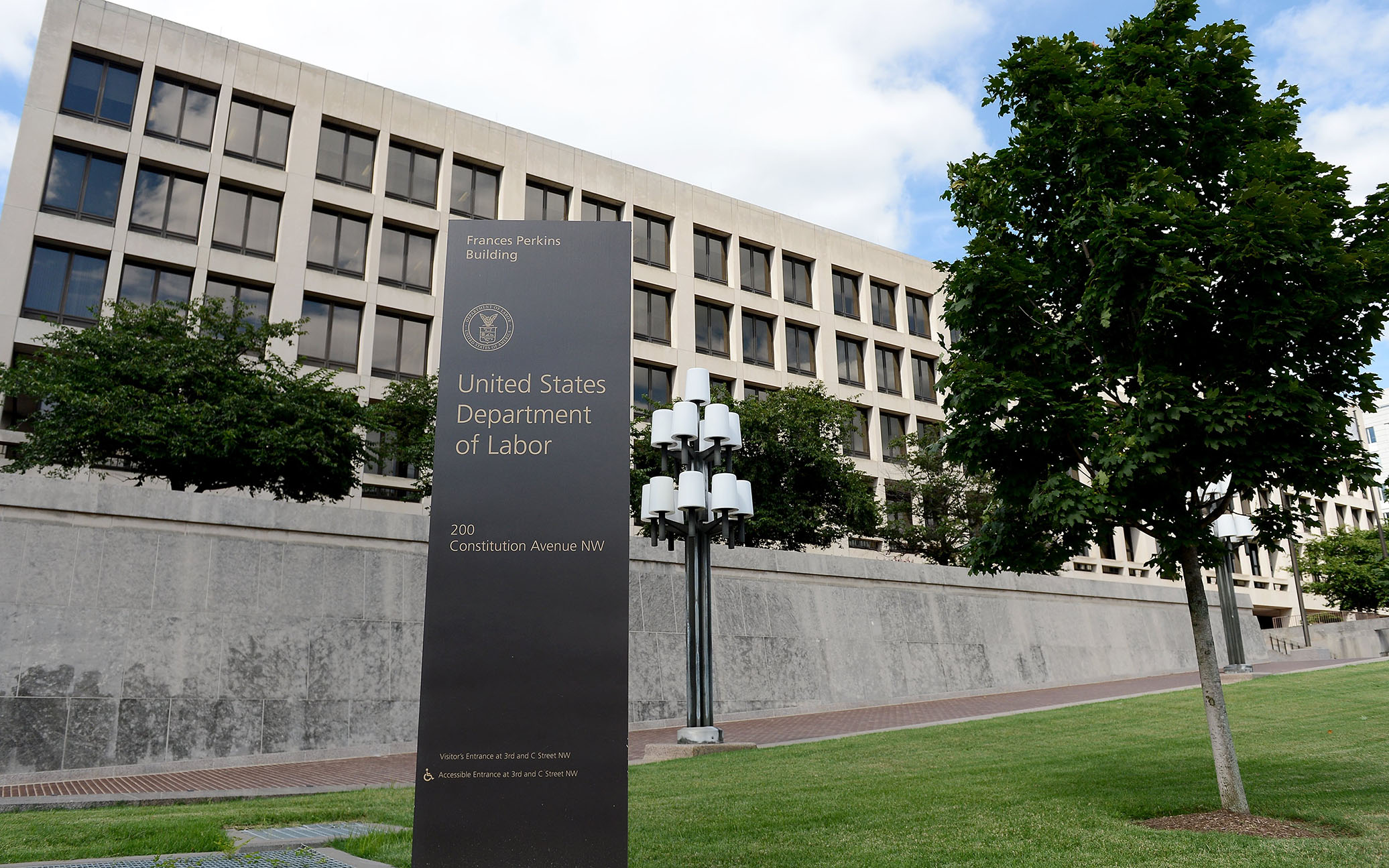In a pivotal move by the U.S. Department of Labor (DOL) on April 23, 2024, millions of American workers are set to benefit from revised overtime salary thresholds under the Fair Labor Standards Act (FLSA). This overhaul, slated to take effect on July 1, 2024, is a significant leap from the previous standards, promising to extend overtime protections to an estimated four million employees.

The New Salary Benchmarks: What Employers Need to Know
Historically, the salary threshold for overtime eligibility has been pegged at $684 per week ($35,568 annually). However, the updated DOL rule will see this figure rise to $844 per week ($43,888 annually) from July 2024, with a further increase to $1,128 per week ($58,656 annually) by January 2025. This adjustment is set to transform the landscape of employee compensation, particularly affecting those in managerial and professional roles who previously hovered near the exemption cutoff.
Additionally, the changes will impact the criteria for highly compensated employees, boosting the exemption threshold from $107,432 to $132,964 in 2024, and subsequently to $151,164 by 2025. This move aims to reflect current economic realities more accurately, ensuring that high-earning employees receive fair compensation for overtime.
📢 Major development from the U.S. Department of Labor: the overtime salary threshold is set to increase to $44k this July, and $59k next year, expanding eligibility for millions of workers to receive overtime pay. This critical update ensures fair compensation for hardworking pic.twitter.com/n9jb3pIGKc
— Economic Development Center – a division of GPTC (@EdcGreatPlains) April 24, 2024
Future-Proofing Workers’ Rights: Automatic Adjustments Starting 2027
In an unprecedented step, the DOL has also introduced a mechanism for automatic triennial adjustments to these thresholds, starting July 1, 2027. This proactive measure will align the salary benchmarks with evolving wage data and economic conditions, safeguarding the relevance and effectiveness of the overtime rule.

Legal Challenges and Employer Preparedness
Despite the potential benefits to workers, the new rule is expected to face legal scrutiny and challenges. Employers are thus advised to prepare promptly for the upcoming changes to avoid compliance issues. The short lead time until the rule’s effective date means that businesses must quickly reassess their payroll strategies and consult with legal experts to understand the full implications of the modifications.
Morgan, Brown & Joy, LLP, a leading legal firm, emphasizes the importance of staying informed about these changes. “Employers do not have much time to prepare for the July 1, 2024 effective date. Therefore, they should quickly begin to prepare for the possibility of these increased salary thresholds and the impact they may have on workforces and employee classifications,” advises MBJ.
For those seeking further guidance or clarification on how these changes might affect their business, MBJ remains a valuable resource. The firm commits to monitoring the developments closely and providing updates as new information becomes available.

In Conclusion
The DOL’s new rule marks a significant shift in the regulation of overtime compensation. By raising the salary thresholds for overtime exemptions, the amendment aims to enhance labor rights and ensure a fairer distribution of income among the workforce. While the path ahead may see legal hurdles, the changes are a strong step toward adjusting labor laws to better suit modern economic conditions and workforce dynamics.










